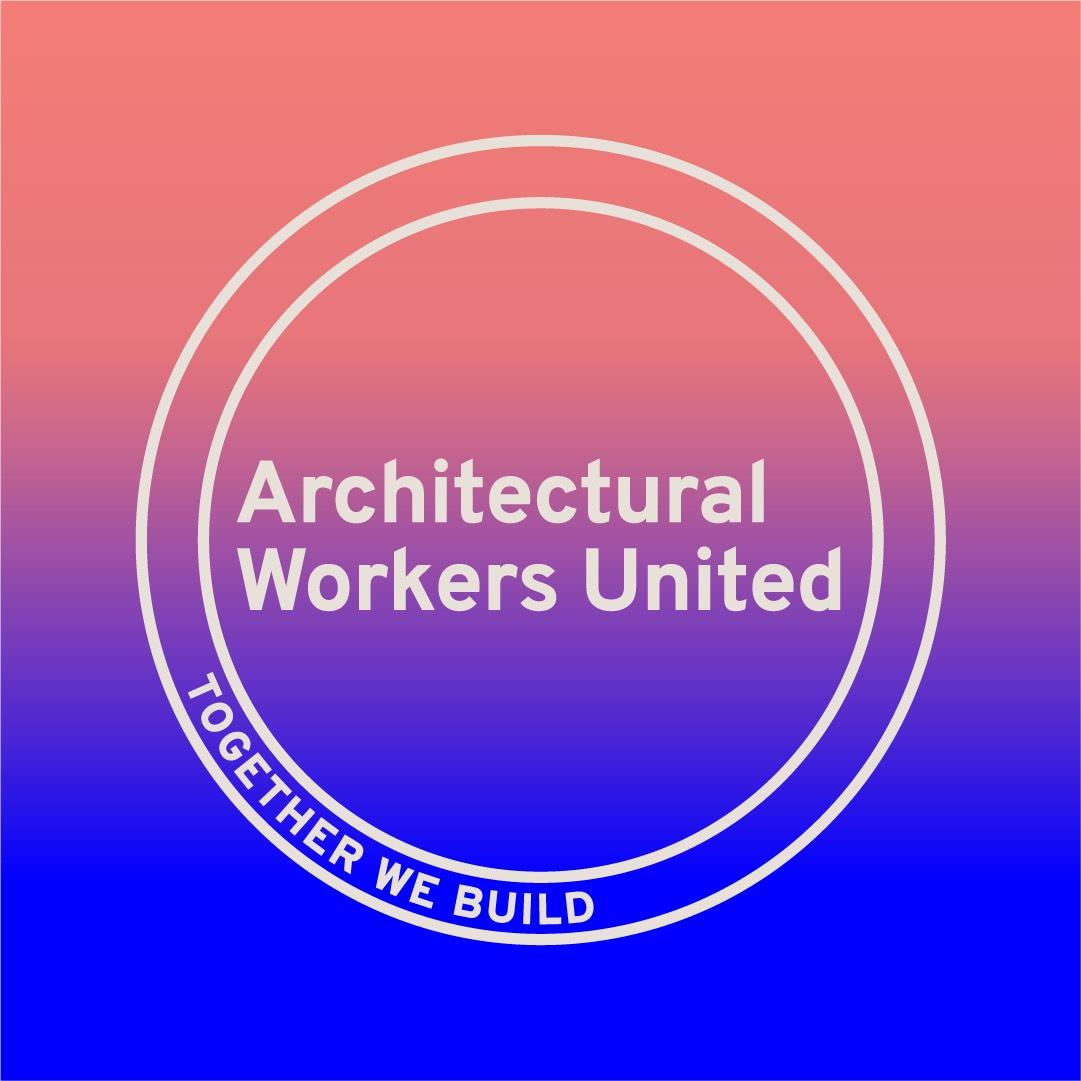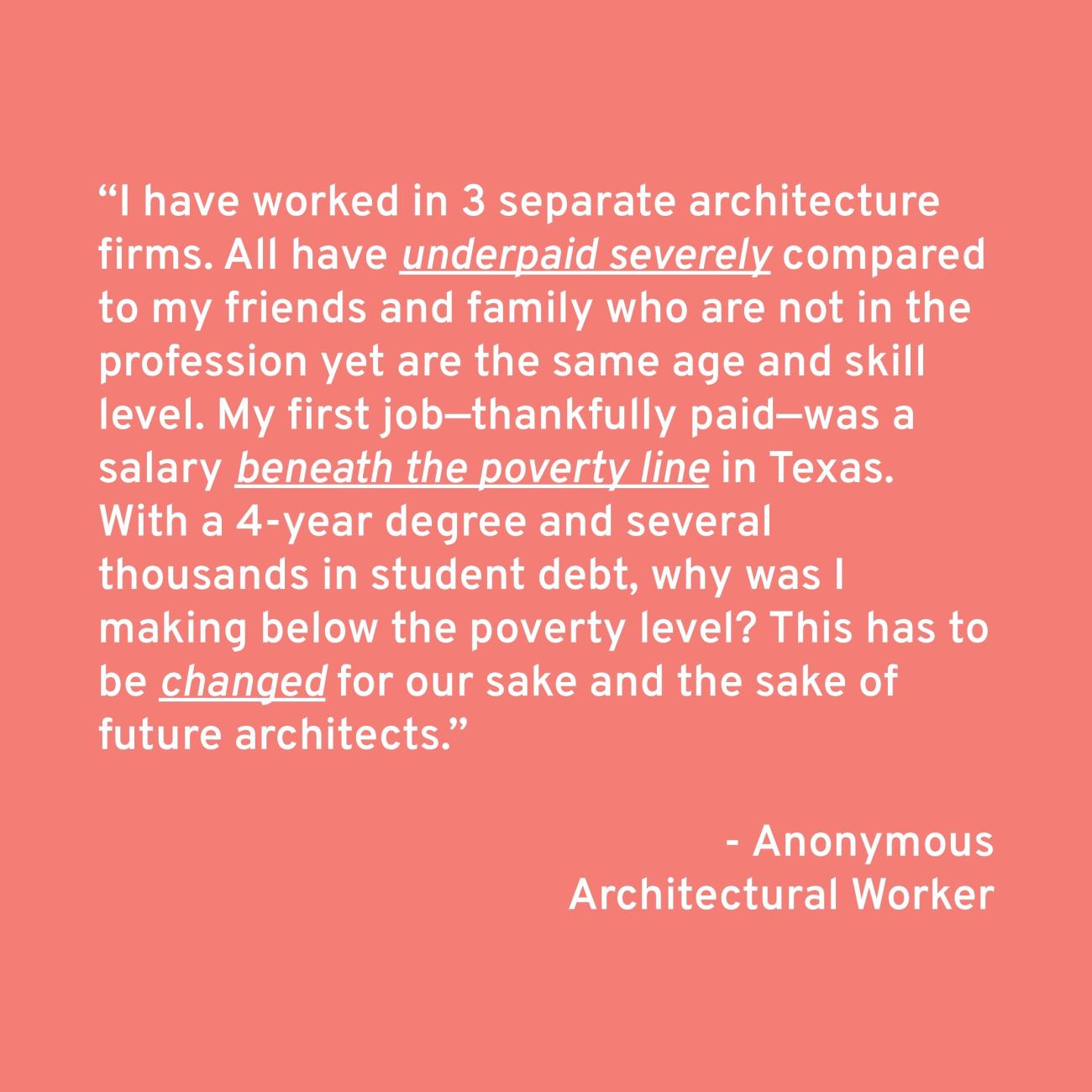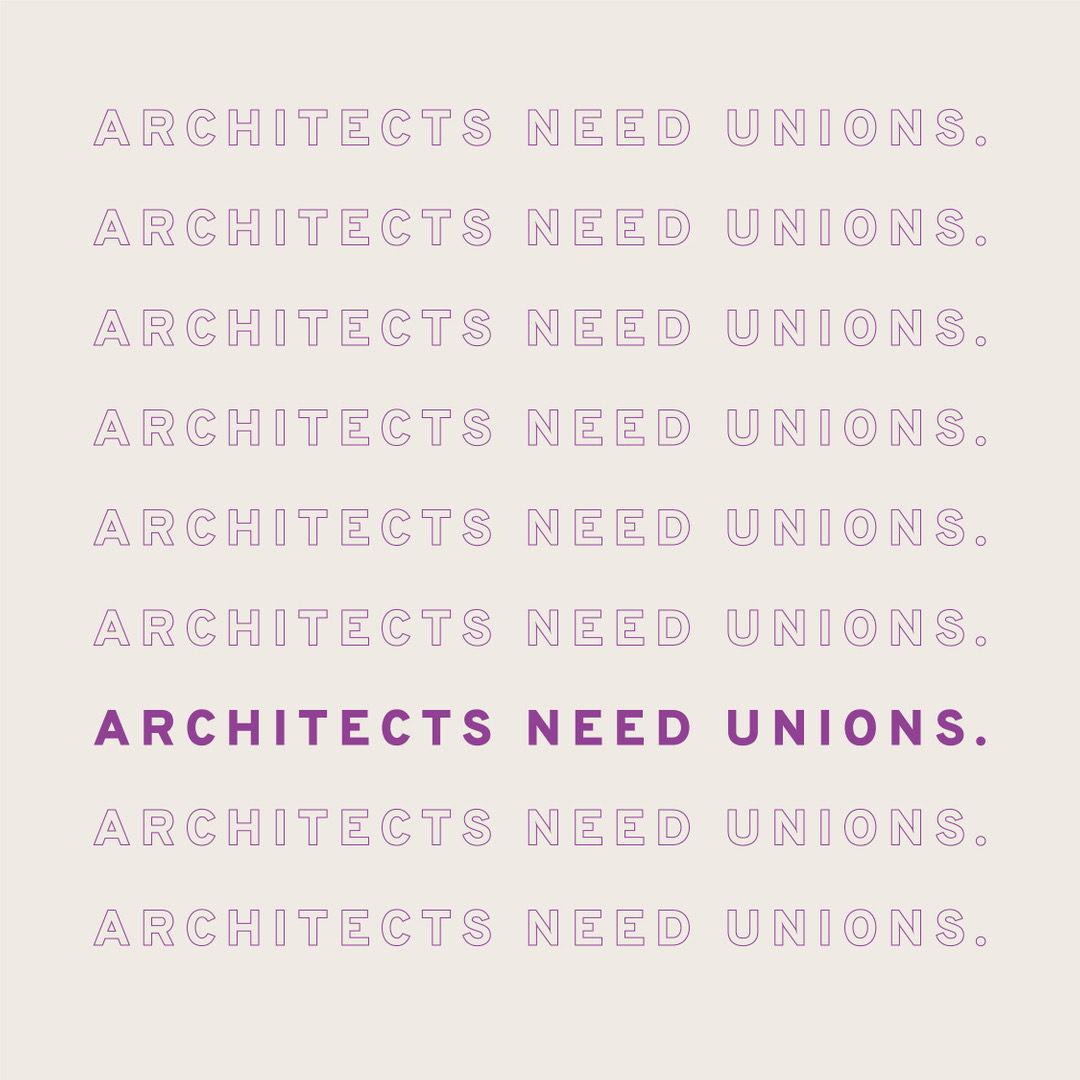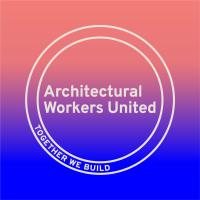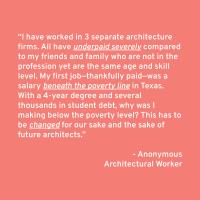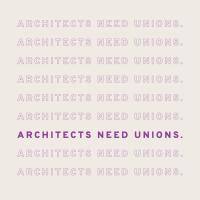Join Rice Architecture Society and Architectural Workers United for a productive conversation between students, faculty and activists about the future of self-advocacy, unionization, and labor in academia and the profession at-large. Understanding the history of the profession and how it relates to the overall labor movement is essential to fight to realize the power that we have as workers. What are the myths? What are the realities? Where is our leverage? How are unions even formed? Have architects ever been unionized? The future of the profession is dependent upon the answers to these questions.
Panelists:
Jennifer Siqueira
Andrew Daley
Danielle Tellez
Moderators:
Charlotte Cohen
Katherine Hui
Theodore Vadot
Brittany Utting
Andrew Daley is an organizer, activist, and licensed architect living and working in Brooklyn. He is currently working with the International Association of Machinists and Aerospace Workers (IAMAW) on organizing efforts within the architecture industry ias part of Architectural Workers United. He has 12 years of experience working for a number of offices in multiple states, most recently for 7 years at SHoP Architects as a Project Director working on multiple US embassies worldwide.
Jennifer Siqueira, aka Je (Jay) – a registered architect with over 10 years of experience – was one of the leaders in the unionizing efforts at both SHoP Architects and at Bernheimer Architecture, helping establish the first private-sector architectural union in the US since the 1930s. Je has undergraduate and graduate degrees in architecture from UC Berkeley and has worked at various award-winning architecture firms in San Francisco, Miami, and New York, with various typologies and sizes, ranging from a single family residence to the US Embassy in Thailand. She currently lives in New York City and is the mother of a very energetic 2-year-old boy and step-mom to an old cat.
Danielle Tellez is currently at WHY Architecture in NYC leading facade design and documentation. She has about 8 years of professional experience in the field after graduating with a Masters from the University of Michigan in 2015. She has previously worked for Johnston Marklee in LA, M1/DTW in Detroit, and spent the last 5.5 years at SHoP Architects.
Engaging Pluralism
When ideologies and cultures collide, new ways of working with and living in the world emerge. As a form of political philosophy, pluralism draws upon this dynamic condition, promoting the coexistence of multiple approaches and worldviews. Yet in the context of compounding crises and unchecked inequality, this is far from a neutral position: it becomes a commitment to struggle and discourse. Drawing from a broad-ranging group of speakers, Rice Architecture’s annual lecture series, Engaging Pluralism, explores how architects and designers can work with friction, contradiction, and multiplicity to effect broader social, cultural, and environmental change. It is an all-school platform for reflecting on the possibilities and challenges of designing for a pluralistic society.
All lectures are free and open to the public and, unless noted otherwise, will be held in person in Farish Gallery, MD Anderson Hall, with a livestream component. In the event that COVID-19 circumstances prohibit in-person lectures, the series will be held virtually via Zoom. Each lecture has been submitted for AIA CES approval.
This lecture series is made possible through the generous support of the Betty R. and George F. Pierce Jr., FAIA, Fund; the William B. Coleman Jr. Colloquium Fund for Architecture; and the Wm. W. Caudill Lecture Series Fund. Rice Design Alliance (RDA) programming is made possible by the generous support of its members and underwriters: Harvey | Harvey Cleary, Lovett/Inwood Homes, Page, Anslow Bryant Construction, Elliott Electric/Eaton, Gensler, KenMor Electric Co., MAREK, Scott and Judy Nyquist, Tellepsen, Turner Construction Company, Walter P Moore, Wholesale Electric | ABB, and W.S. Bellows Construction Corporation.


